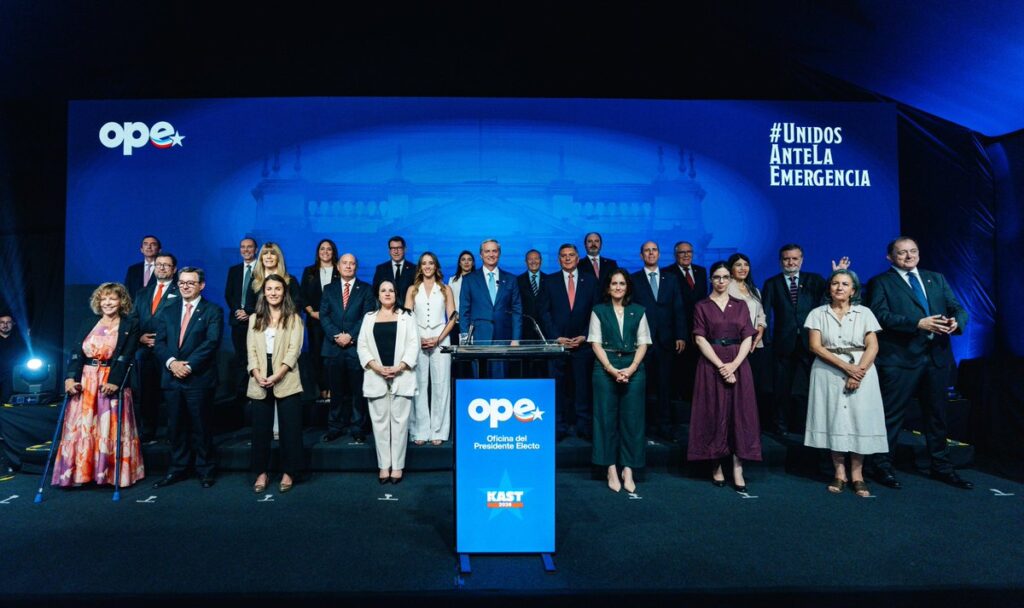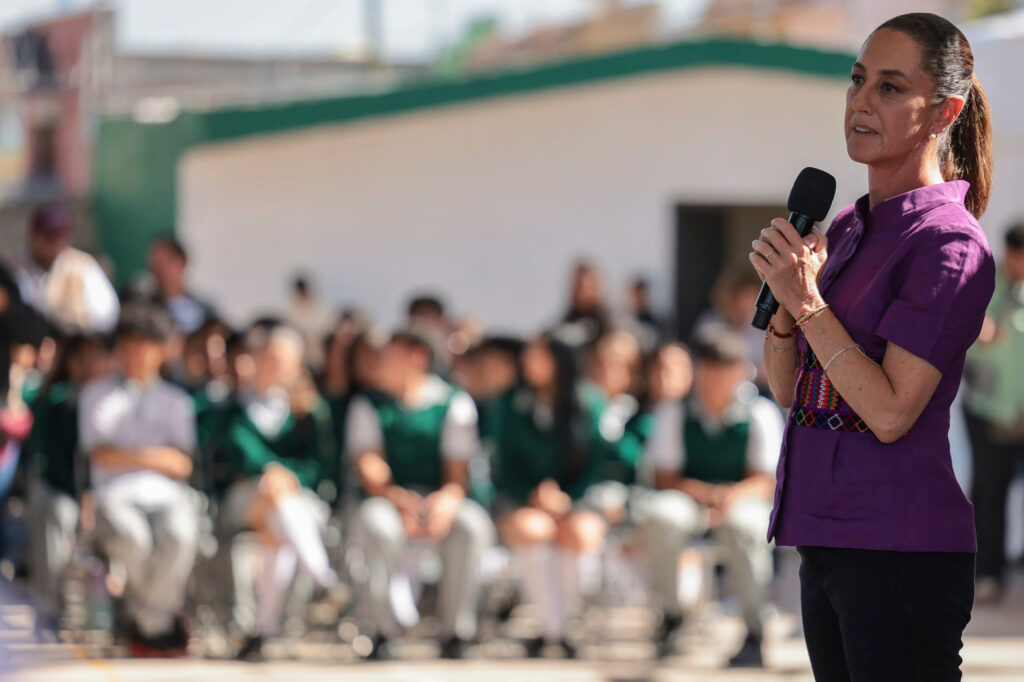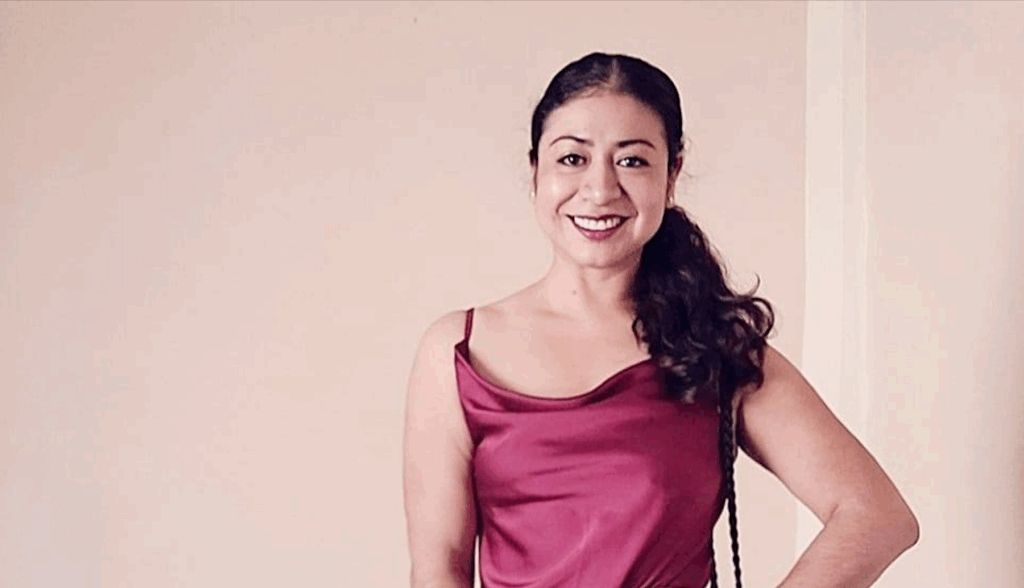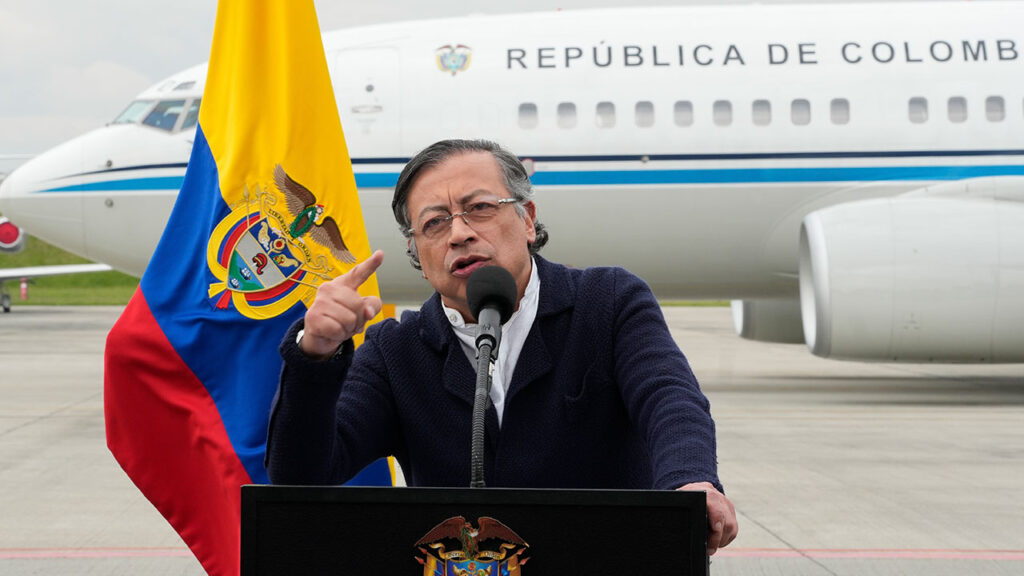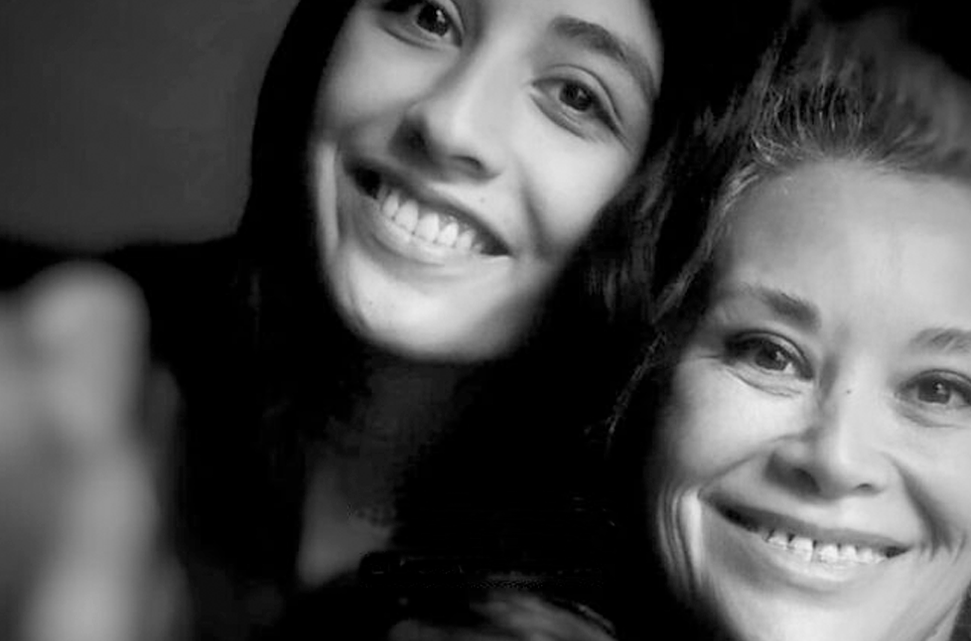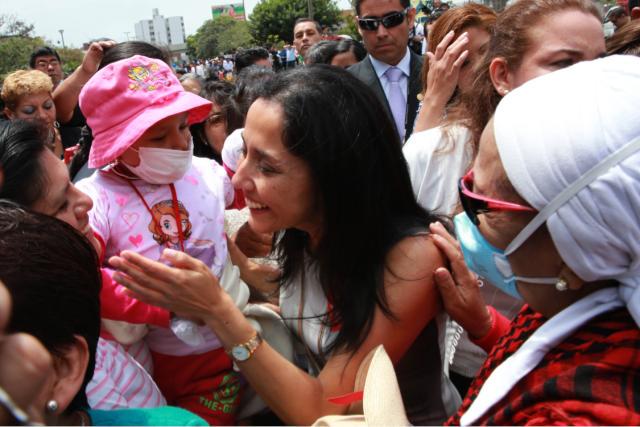Bolivia is on track to elect its first non-leftist president in 20 years, following a first round of voting which saw no candidate win an outright majority of votes.
The two candidates who received the highest number of votes- centrist Rodrigo Paz of the Christian Democratic Party, and right-wing Jorge “Tuto” Quiroga of the Alianza coalition- will go head-to-head at a runoff vote in October.
Read more: Bolivia shifts away from left wing for first time in 20 years
Paz led the first round of voting with 32.8% of the vote, while Quiroga came in second with 26.4%
Who are the candidates and what do they stand for?
Rodrigo Paz
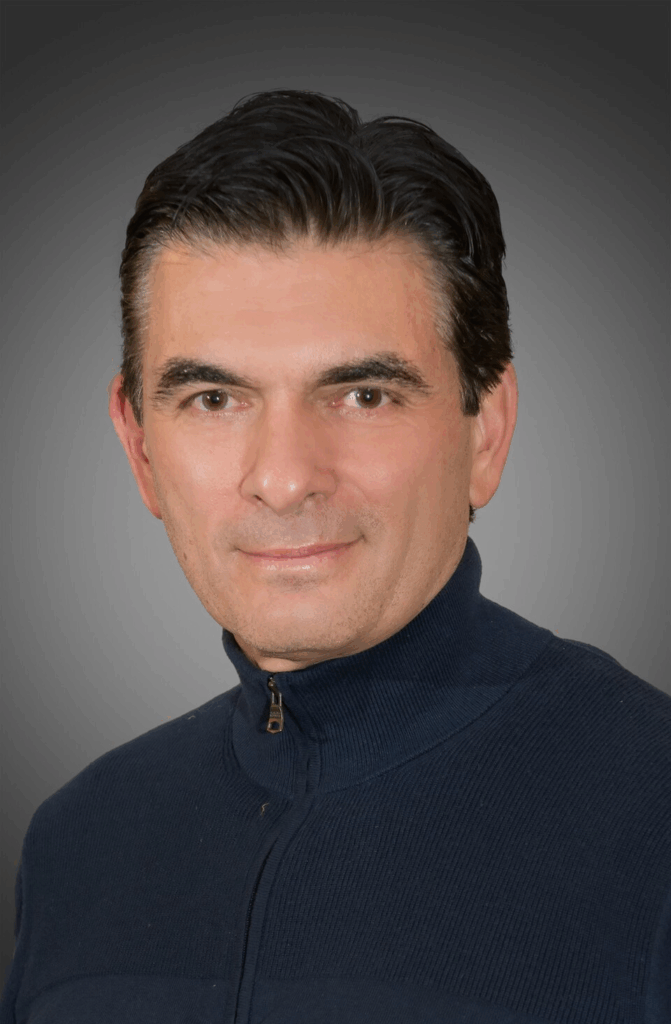
Paz, aged 57, is the current senator for the south-eastern department of Tarija.
The senator spent his childhood exiled in Spain after his family fled Bolivia due to the dictatorships which governed his native country between 1964 and 1982.
Paz’s father, Jaime Paz Zamora, was the founder of the Revolutionary Left Movement (FRI), which was heavily repressed by the dictatorships. After Paz’s family returned to Bolivia following the restoration of democracy, his father became president of the country in 1989, remaining in office until 1992.
Paz first entered the political arena as a member of FRI, serving as a representative for the party from 2002 until 2005. He then served as a member of the right-wing Social and Democratic Power coalition party (PODEMOS), led by Quiroga, until 2008, when he adopted a more centrist position.
He has served as a councillor, mayor, and senator in Tarija, and was named the presidential candidate for the centrist Christian Democratic Party this year.
During his presidential campaign, Paz has pledged “capitalism for all,” which he says will be achieved through accessible loans aimed at young entrepreneurs, tax reductions, and the elimination of tariffs on goods produced outside of Bolivia.
He has also expressed his opposition to loans from the International Monetary Fund (IMF), stating at one event: “The money in Bolivia is enough to reactivate our economy,” according to Infobae.
The senator has also been vocal about the need for judicial reform and anti-corruption measures, having previously told Infobae that “The justice system is Bolivia’s main problem,” and requires “fundamental changes.”
Paz’s campaign was notably different to that of his rivals. While opposition candidates spent tens of thousands of dollars on social media advertising, Paz spent less than $30 USD throughout his campaign, according to Spanish newspaper El País.
While his opponents attended prominent forums with business leaders and travelled to meetings at Harvard, Paz was seen taking buses and commercial flights to various areas of Bolivia. He claims to have travelled 230,000 kilometers (around 143,000 miles) around the country while campaigning.
Paz’s running mate is former police captain Edmand Lara. Aged 39, Lara has 15,000 followers on TikTok, where he is known for criticizing authority figures in his videos and livestreams. He first rose to fame in 2023 for exposing corruption in the Bolivian police, which led to his removal from the force in 2024.
After the first round election results were announced, Paz promised both to construct an economy and state “for the people,” and to lead a “frontal fight against corruption.”
Jorge “Tuto” Quiroga
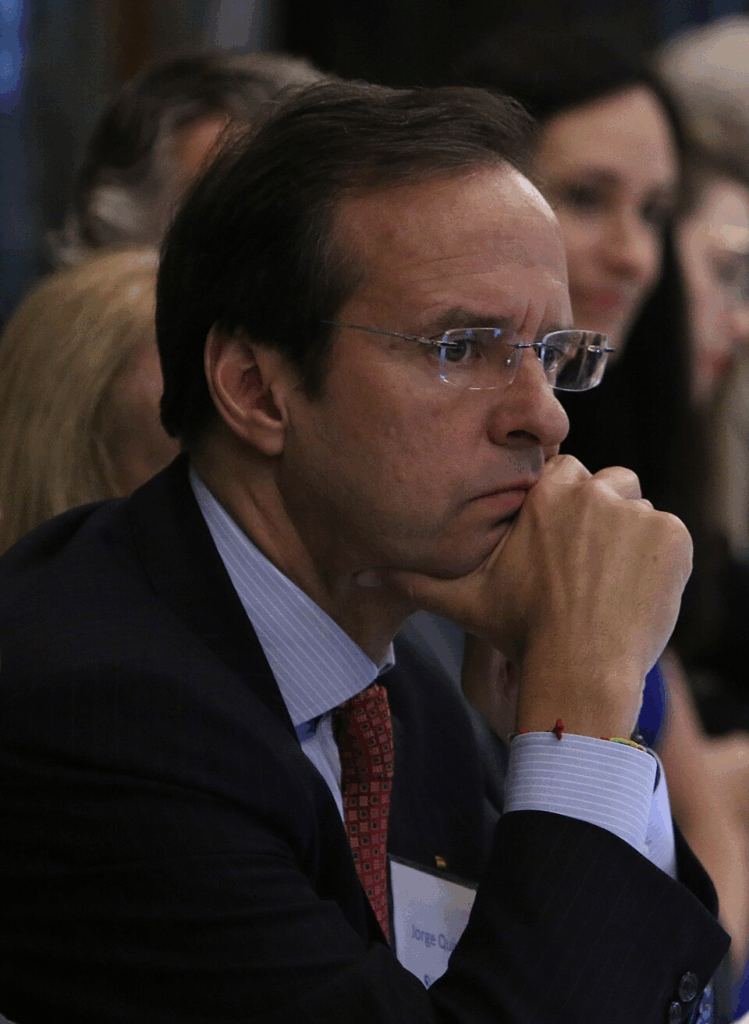
Quiroga, aged 66, had a brief stint as president of Bolivia from 2001 and 2002. As member of the right-wing Nationalist Democratic Action party (ADN), Quiroga assumed the presidency after the resignation of right-wing former dictator Hugo Bánzer.
Quiroga founded the right-wing PODEMOS in 2005, and ran unsuccessfully for president against leftist Evo Morales of the Movement To Socialism party (MAS).
He then joined the center-right Christian Democratic Party in 2014, and launched another unsuccessful bid against Morales.
In 2020, Quiroga ran for president as the leader of the Libre 21 alliance, though he dropped out of the race a week before the election- ultimately won by incumbent President Luis Arce.
Quiroga is now running for president as leader of the Alianza Libre (Free Alliance) coalition.
The former president has told Associated Press that he wants to “change everything, dramatically and radically.”
He has proposed transferring shares in Bolivia’s natural resources from the government to individual citizens, entitling all Bolivian adults to stakes in the country’s lithium, iron, and gas industries, and has described the move as a “liberal ownership revolution.”
While Paz has rejected the possibility of an IMF loan, Quiroga has said that he would seek a $12 billion USD bailout from the IMF and other lenders in order to “save the financial system.”
Among Quiroga’s other objectives is to reassess the country’s political affiliations. Under MAS governance, Bolivia has become aligned with Russia, China, Iran, Venezuela, and Cuba.
Last year, Arce’s government recognized Nicolás Maduro as the legitimate leader of Venezuela, despite concerns that the results published by the electoral authority were false; a move which Quiroga is seeking to reverse.
Quiroga has also expressed interest in establishing a free-trade agreement with the Donald Trump administration, although he acknowledged that “the answer will probably be no,” because of the U.S. government’s sweeping efforts to raise tariffs.
Quiroga’s running mate is Juan Pablo Velasco, a 38-year-old technology entrepreneur who is seeking to be the “voice of the youth” in Bolivia. The businessman told Uruguayan newspaper El Observador wants to implement an “economic rescue plan,” which will entail a short-term cash injection, in order to reduce inflation and “restore confidence in the financial system.”
Velasco also praised the economic measures taken by Argentina’s neoliberal president, Javier Milei, adding that his government would have “many talks” with the Argentine government, if elected.
Following the news of the first-round election results, Quiroga said that “a two-decade long night had ended,” adding that “democracy won” in Bolivia.
What comes next?
A runoff vote will be held on Sunday 19 October, and the candidate with the most votes will become the country’s president for the next five years. Debates between the candidates and their running mates are likely to take place over the coming weeks.



